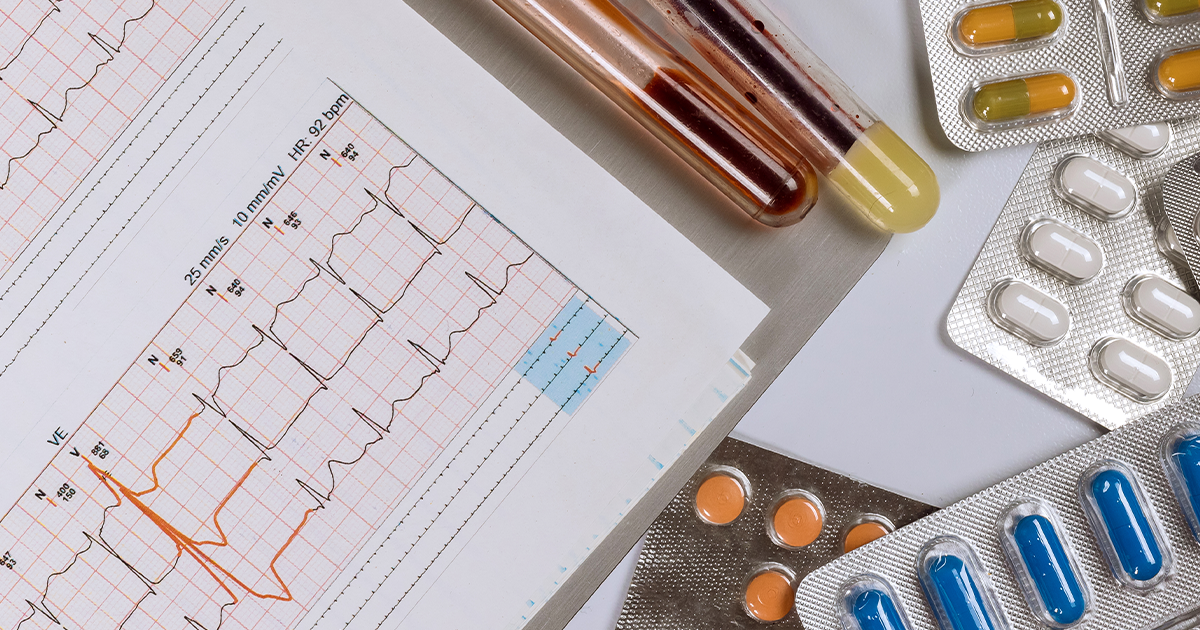Everybody: “Hello H.E.A.L. Mississippi, what do you guys do?”
Us: “We are a healthcare organization, and our mission is to reduce the impact of cardiometabolic diseases in Mississippi. Our vision is to establish a standard of care for people with cardiometabolic diseases….”
Them: “Cardiometa-Who?”
This is often the spoken and unspoken sentiment I get when explaining our mission and vision to most non-health professionals and even some health professionals. Recently, a close colleague made me realize that there’s no benefit if people don’t know what you are doing even after they have encountered you, seen company correspondence or visited your platform, which is very true. We could easily change our mission and vision to make it easier for those who don’t understand but then we aren’t fulfilling other aspects of our mission and vision. Health education is also an essential part of our mission and if our audience leaves our platform or encounter just as confused as before they came, then we are not serving them or our purpose very well. Understanding is just as essential to knowledge as the information itself.
What is Cardiometabolic Disease?
Cardiometabolic disease is a term used in healthcare that best describes diseases related to energy metabolism that affect the cardiovascular system. Diseases like diabetes, obesity, hypertension, high cholesterol, non-alcoholic fatty liver disease, insulin resistance, which can lead to more serious conditions like heart attacks and stroke. Cardiometabolic diseases are extremely common in Mississippi with Mississippi having the highest national prevalence of diabetes and ranking high in hypertension, obesity, heart attack, and stroke. What makes these cardiometabolic diseases so dangerous is they normally come in clusters, and they affect blood circulation and nutrient distribution in some way.
Effects on Blood Circulation and Nutrient Distribution
Blood is literally our lifeline. If blood doesn’t circulate in and out of our heart, then our heart stops, and in the worst-case scenario, we die. Blood is carried to and away from the heart by our vascular system, which consists of veins and arteries, with the main purpose of carrying oxygen and nutrients to our tissues and organs. Anything that impedes this circulatory process is detrimental. Let’s briefly look at how some of these cardiometabolic diseases impede this circulatory process.
Diabetes: Diabetes is a condition of high amounts of blood sugar levels. The higher the blood sugar levels, the more likely it is to make your blood thick and sticky which can slow down blood circulation.
Hypertension: Hypertension is a condition of consistently elevated blood pressure or too much force on your artery walls.
High cholesterol: High cholesterol is a condition of too much fat in your blood which can cause fat deposits to start accumulating around your artery walls.
Hopefully from the description of these 3 conditions you can see their relation and contribution to poor blood circulation. For the sake of time, I didn’t go into any detail. If you need more information, you can visit us www.healmississippi.com/contact-us or chat with us and we will be happy to go into further detail.
Conditions like obesity, insulin resistance, and non-alcoholic fatty liver disease have more to do with poor nutrient distribution and improper energy metabolism, with obesity being a main risk factor of the other cardiometabolic diseases. It’s not the accumulation of weight that makes obesity dangerous but the improper energy metabolism and poor nutrient distribution. When nutrients aren’t properly metabolized and evenly distributed throughout your body, they accumulate in your blood stream impeding proper functioning of the vascular system.
The other cardiometabolic diseases not only share obesity but other risk factors, particularly those that are modifiable. At H.E.A.L. Mississippi, we focus on helping to reduce and reverse these modifiable risk factors as a form of treatment for cardiometabolic diseases through lifestyle medicine.
Hopefully, I have increased your level of understanding on cardiometabolic diseases. If not, feel free to reach out and we will be happy to serve you.


